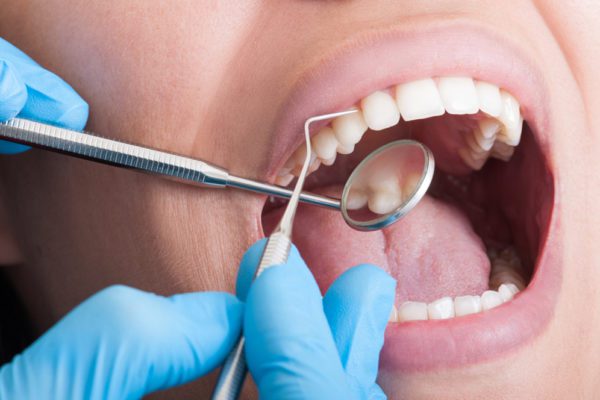Proactive Preventive Dentistry in Oro Valley, AZ
Our office provides preventive care for the entire family. We strongly emphasize patient education during your hygiene visit. Intraoral cameras allow us to project an image of an individual tooth or area of concern onto a chairside viewing monitor for use as a visual aid. We also place a great deal of emphasis on home care, as we believe that it is key to good oral health.
During your examination, we use the latest technology to help diagnose any problems that might exist. We use digital x-rays, which drastically reduce the amount of radiation exposure to our patients.
Early detection of conditions such as gum disease, tooth decay and oral cancer is one of the best ways to insure the ease and success of treatments.
With routine examinations and x-rays, you take an important step towards a lifetime of dental health. We ensure your periodic exams are complete and comfortable. Our state-of-the-art equipment is a powerful ally that helps us provide exceptional proactive care.

